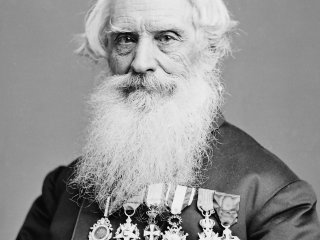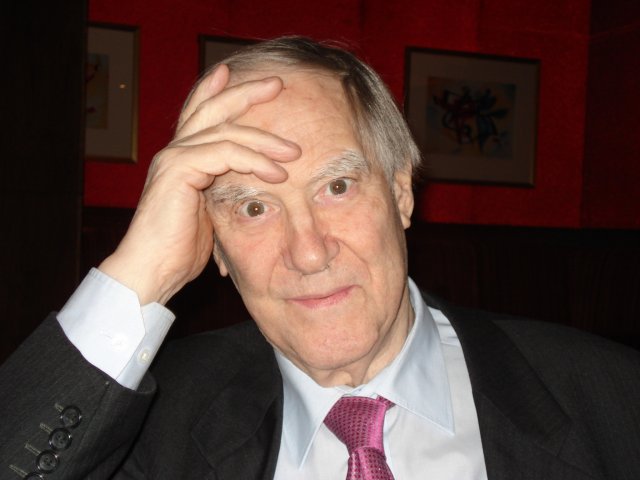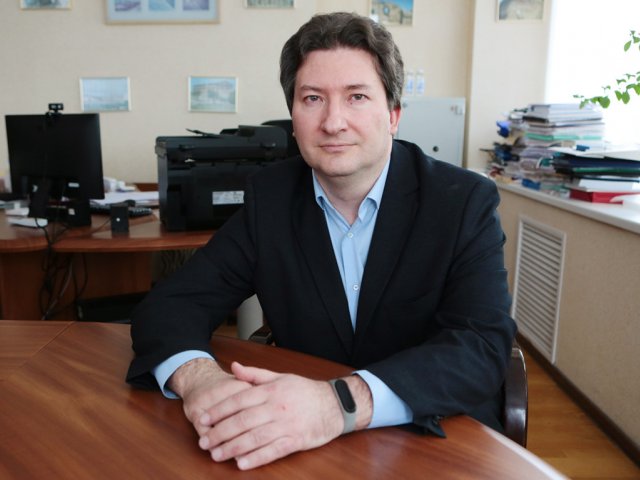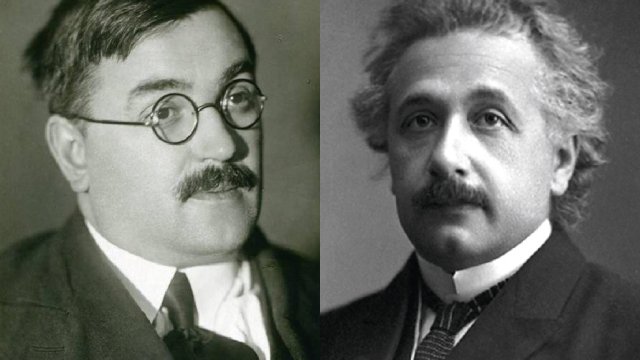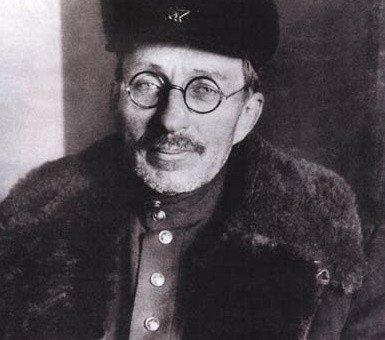
In the 1920s, young native of Odessa Mark Sheingauz read the article The Factory of New Man in a newspaper. Some time later, he was caught read-handed during an act of pickpocketing in a tram. Thus, Sheingauz managed to hit the target and get acquainted with Anton Makarenko, as juvenile delinquents were sent to the penitentiary colony named after Maxim Gorky. The hour of triumph for the graduate of Poltava Teachers Institute came after the revolution and civil war which reduced many boys to orphans and made them drift into crime. Anton Makarenko was charged with a task of organizing a labor colony near Poltava, which was named after Maxim Gorky in 1921. The badge of colonists featured a life buoy ring in sign of the mission set by the pedagogues to themselves. In 1926, the colony was relocated to Kuryazh near Kharkov, while a year later Makarenko found himself in charge of Labor Commune for Children named after Dzerzhinsky. Maxim Gorky visited the colony named in his honor, was very much delighted, and recommended describing his experience in a book to Makarenko. The pedagogue followed the famous writer’s advice. Makarenko’s pedagogical method seemed incontestable under Soviet rule: he worked through the collective which was charged with responsible enough tasks, up to manufacturing products that were unique for the country, like FED photo camera. Today, many people boil over: barrack-like pedagogics, no freedom of will! Who is right? Nobody knows, as truth has not yet been born in this argument. One thing is quite clear: the science does not care who exactly makes the experiment, as the laws of nature do not change due to it. Pedagogics is not a science, but an art, as the result depends upon the personality of both educatee and educator. Makarenko seemed to understand this fact, as he chose the name Pedagogical Poem for his main book.
